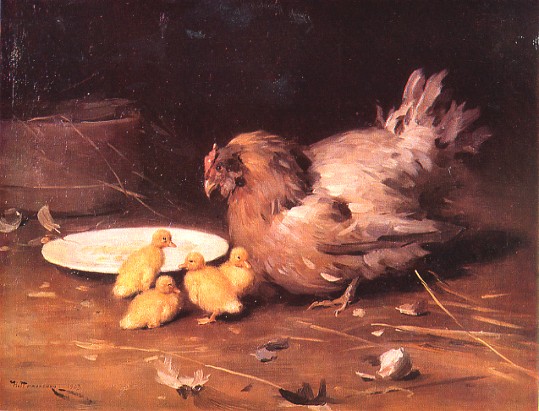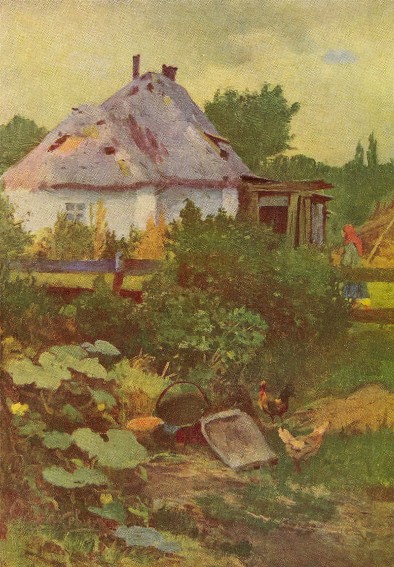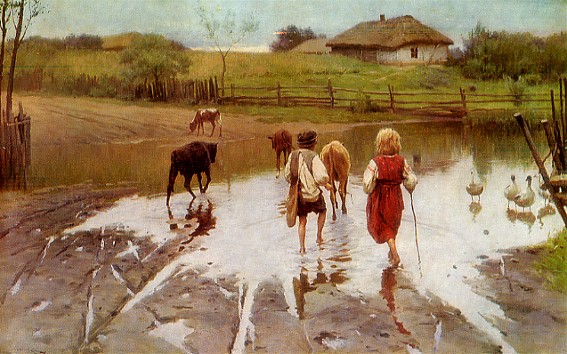Naturalism
Naturalism. A literary and artistic style of the late 19th century. In literature it was a current that opposed idealism and romanticism, and that aimed to depict comprehensively and photographically life in all of its biological aspects. The tendency appeared in Ukrainian prose toward the end of the 19th and beginning of the 20th century, particularly in the works of Volodymyr Vynnychenko and to a certain extent in those of Valeriian Pidmohylny. Soviet criticism considered naturalism an entirely bourgeois phenomenon, even though the officially sanctioned socialist realism was strongly reminiscent of it, particularly in the so-called industrial novels. The tendencies of naturalism flow into those of realism, and it is difficult to distinguish between the two. For example, the early prose of Valerii Shevchuk is marked by a kind of neonaturalism.
In the theater naturalism appeared in the coarse psychological portrayal of character. It was a feature of the productions of certain Ukrainian itinerant theaters (Dmytro Haidamaka's, Volodymyr Sukhodolsky's, Lev Sabinin's) as well as those of Hnat Yura's company, which aimed to counterbalance Leo Kurbas's neoromantic theater.
In painting naturalism aimed at truth to nature and rebelled against idealization, stylization, and modernism in art. The works of Petro Levchenko, Mykola Pymonenko, Ivan Izhakevych, and Mariia Bashkirtseva are typical of naturalism. Naturalism is also reflected strongly in the Soviet Ukrainian socialist-realist art of Mykhailo Bozhii, Vasyl Ovchynnykov, Serhii Hryhoriev, M. Khmelko, and to a certain extent Vasyl Kasiian.
Sviatoslav Hordynsky


